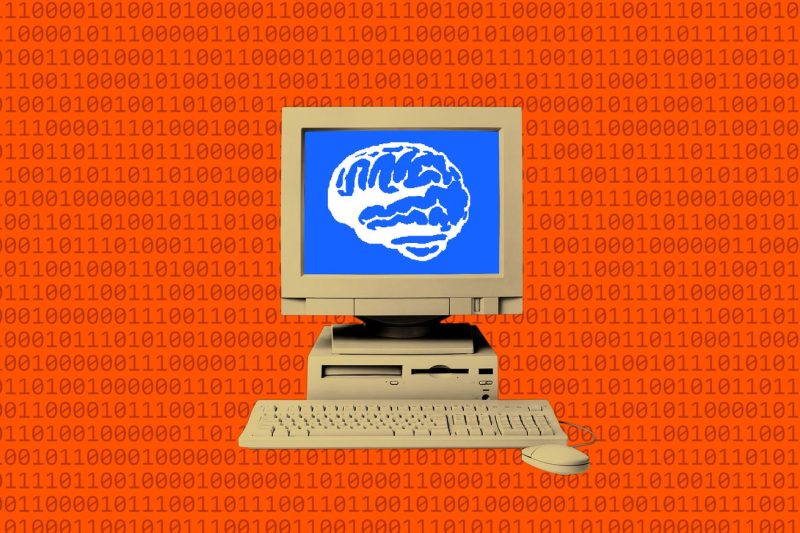The integration of Artificial Intelligence (AI) into everyday devices has become increasingly prevalent in modern technology. One such example is the Raspberry Pi, a small but powerful single-board computer that has been widely embraced by the DIY and tech communities. With advancements in AI technology, the Raspberry Pi is now being utilized to harness the capabilities of AI, bringing new possibilities and functionality to this popular device.
The Raspberry Pi has long been known for its versatility and affordability, making it a favorite among hobbyists, educators, and tinkerers. Its compact size and low cost have made it an ideal platform for a wide range of projects, from home automation and robotics to media centers and retro gaming consoles. Through the incorporation of AI, the Raspberry Pi is now capable of even more sophisticated tasks and applications.
AI technologies, such as machine learning and neural networks, have the potential to revolutionize the capabilities of the Raspberry Pi. By leveraging AI algorithms and frameworks, users can create intelligent projects that can learn and adapt based on data inputs. This opens up a new world of possibilities for applications involving image recognition, natural language processing, and predictive analytics.
One of the key advantages of integrating AI with the Raspberry Pi is the ability to offload complex processing tasks to external servers or cloud services. This allows the Raspberry Pi to focus on managing inputs and outputs in real-time, while the AI algorithms handle the heavy computational work. As a result, even the modest processing power of the Raspberry Pi can be augmented by the capabilities of AI, enabling it to perform tasks that were previously out of reach.
In the realm of robotics, the combination of AI and the Raspberry Pi has led to innovations in autonomous navigation, object recognition, and even emotion detection. By equipping robots with AI capabilities, they can learn from their environments, make decisions based on sensory inputs, and interact with humans in more natural ways. This opens up new possibilities for applications in fields such as healthcare, agriculture, and manufacturing.
Furthermore, AI-driven projects on the Raspberry Pi are not limited to advanced users or professional developers. With the availability of user-friendly tools and frameworks, even beginners can start experimenting with AI and machine learning on their Raspberry Pi devices. Online communities and resources provide ample support and guidance for users looking to explore the intersection of AI and the Raspberry Pi.
As the field of Artificial Intelligence continues to evolve, so too will the capabilities of the Raspberry Pi. By embracing AI technology, the Raspberry Pi is poised to remain a versatile and innovative platform for individuals and organizations looking to leverage the power of AI in their projects. Whether for educational purposes, creative endeavors, or practical applications, the marriage of AI and the Raspberry Pi holds great promise for the future of DIY technology.




























